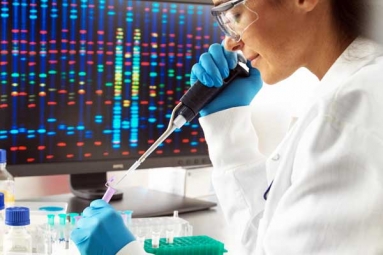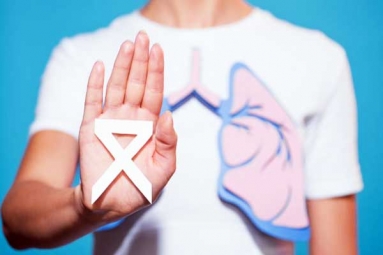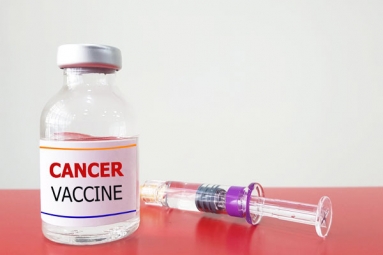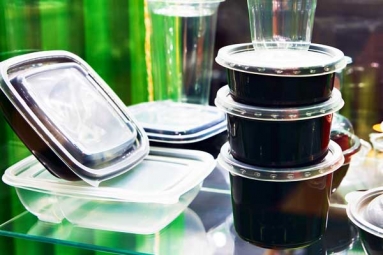Breast Milk Cures Cancer, Scientists Find Tumour-Dissolving Chemical in It
July 20, 2019 17:20
A chemical found in breast milk can break up tumors found in the body of cancer patients, according to recent discoveries made by scientists.
As per trial results, the tumor breaks into fragments allowing it to be passed out through urine. Alpha1H, in general, helps in the production of lactose, present in the milk sugar produced by mothers which are essential for development in babies. However, researchers have now found out that it can kill tumors.
An early trial taking into account 40 patients with hard-to-treat bladder cancer found out that all 20 were given the drug than placebo in six infusions over 22 days, passed whole tumors fragments through their urine.
In a second human trial, five doses were given to nine patients with bladder cancer a week prior to their surgeries to take out the tumor. And eight out of the nine passed out tumor cells via their urine precisely two hours after being administered with the drug. Their tumors minimized in size and dissimilar to other methods of chemotherapy, there was no harm to any surrounding body part.
Together with scientists from Lund University in Sweden, the pilot study was carried out by at Motol University Hospital in Prague.
Professor Catharina Svanborg, who discovered that Alpha1H kills tumor cells in 1995 while at Lund University, and who founded Hamlet Pharma Ltd to test the drug, said she hoped that it could break tumors completely so that it passes from the body safely.
The Telegraph quoted Catharina as saying, “Alpha1H aids in the production of lactose, the milk sugar that is essential for baby nutrition and to make the milk fluid. When it unfolds, it changes its function and forms tumoricidal complexes. It has a very exciting dual function depending on the 3D structure."
She further said, "We have very strong data in mice showing a dose-dependent reduction of the tumor, to the point of disappearance. And we have laboratory evidence for effects against many different types of cancer cells and it is therapeutic in animal models of brain tumors and colon cancer as well as bladder cancer. The results inspire us to continue the efforts in making Alpha1H available to cancer patients.”
In Britain, about 10,000 people are diagnosed with bladder cancer every year and only half will remain alive for 10 years Mats Persson, the Chief Executive Officer (CEO) of Hamlet Pharma Ltd said, "We need more evidence but hopefully this could be the gentle chemotherapy of the future."
The group of researchers is currently making an attempt to find it the drug can reduce the tumors and help those with bladder cancer live for a long time.
By Sowmya Sangam



















